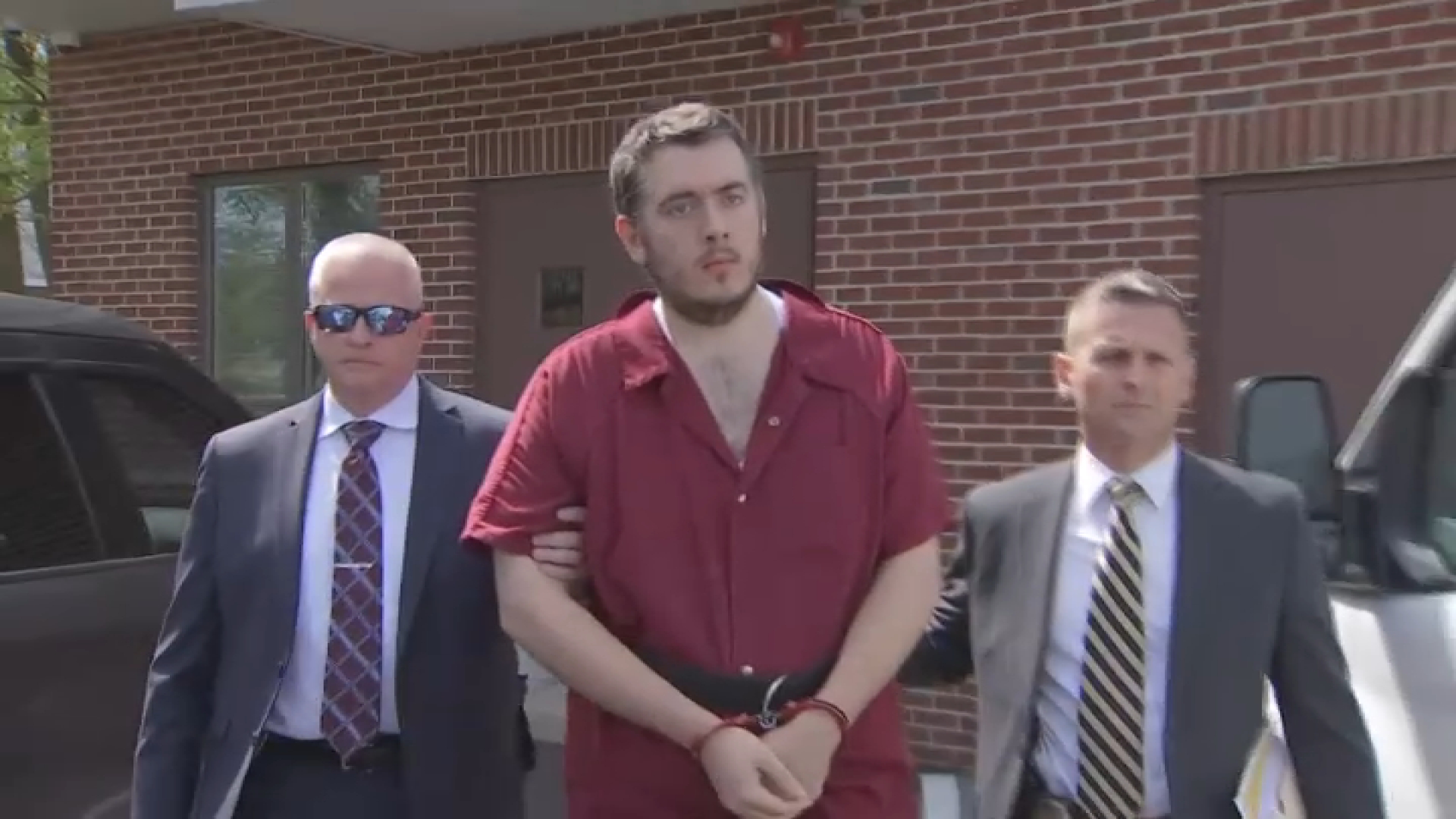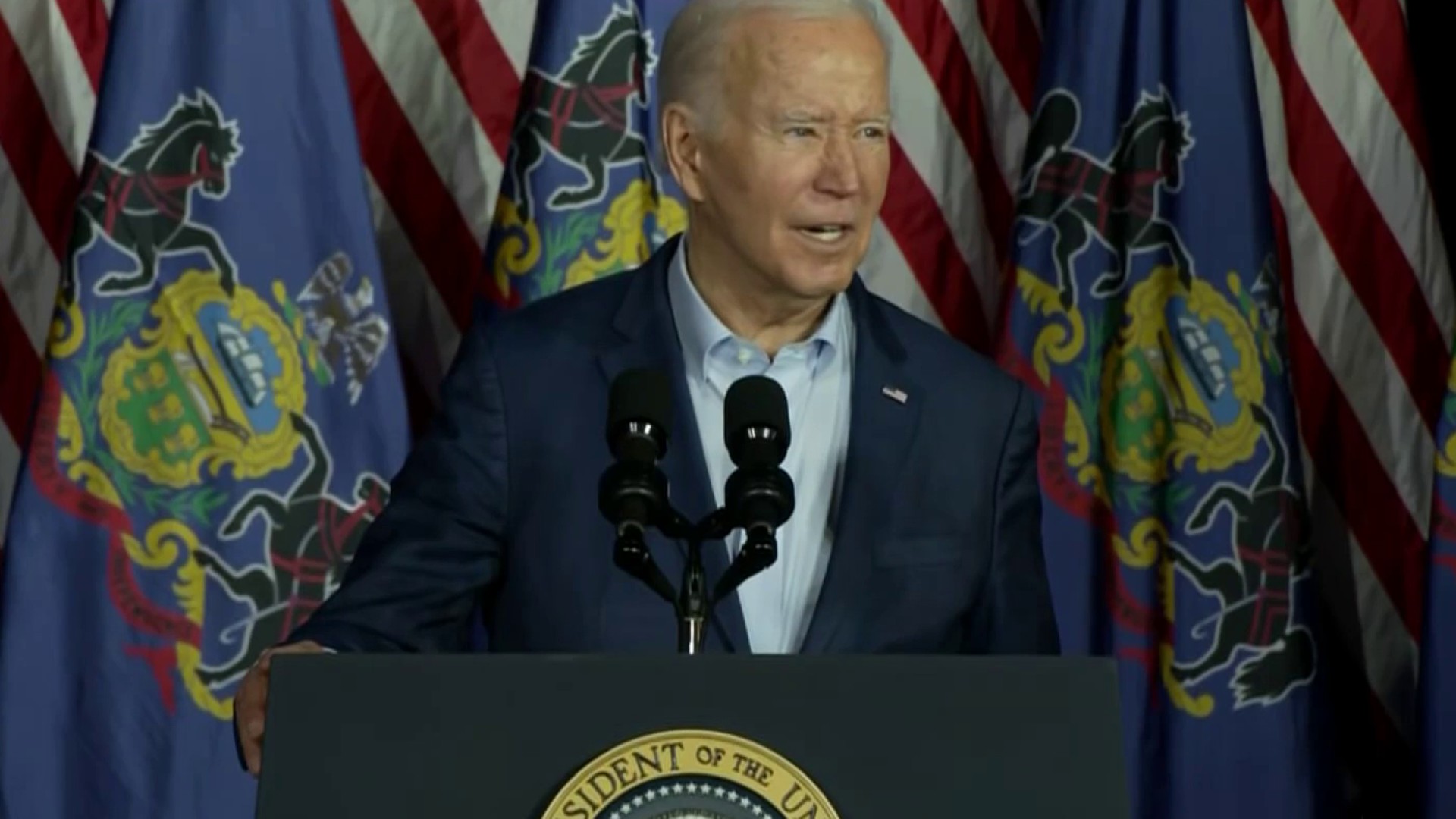Frank Luntz, the veteran Republican adviser, did something really weird last week during a guest talk at the University of Pennsylvania. At a public event, in front of roughly 100 listeners, he tried to go "off the record" while talking about Rush Limbaugh and conservative talk radio — and he actually assumed that those remarks would stay private. As if.
Is Luntz somehow unfamiliar with the digital information era? Did he somehow forget what happened to Mitt Romney last year, when the candidate dumped on 47 percent of the American people, ostensibly in a private meeting? These days, everybody has smart-phone video. Anybody can email video to a favored news dude — like Mother Jones reporter David Corn, who got the Romney recording.
You may be familiar with Luntz. He's renowned (and sometimes reviled) for telling Republicans which words and phrases resonate best with the voters, and which words and phrases to avoid. Luntz says, for instance, that Republicans should say "economic freedom" instead of "capitalism." He says that when Democrats talk about "raising taxes on the rich," Republicans should say that it's really about "government taking money from hardworking Americans." And so on. As HBO provocateur Bill Maher once told Luntz, "You think of words to get stupid people to vote against their interests."
So Luntz was a natural fit for Penn's student Republican chapter; he talks their language, and he's a Penn alum. The student GOPers invited him. The Monday event was heavily advertised on social media, and on political science listservs. The student paper, The Daily Pennsylvanian, duly sent a reporter. Luntz proceeded to hold forth in his usual way — making a Nancy Pelosi joke that he has made many times before; contending that Republicans need to connect with Hispanic voters, and reach out far beyond their older white base — but then came the key moment:
When asked to talk about political polarization, Luntz said he was reluctant to talk frankly. He asked if anyone was recording his talk; the Daily Pennsylvanian reporter identified himself and said yes. Luntz said he wanted to go "off the record" and asked the DP guy to stop recording. The DP guy complied (big mistake; more on that later). Luntz, now thinking that he was speaking privately, complained that conservative talk radio hosts make it tougher for Republicans like Marco Rubio to reach out to Hispanics on immigration reform:
"...they drive the message, and it's really problematic....Marco Rubio's getting his ass kicked....He's getting destroyed! By Mark Levin, by Rush Limbaugh, and a few others. (Rubio) is trying to find a legitimate, long-term effective solution to immigration that isn't the traditional Republican approach, and talk radio is killing him. That's what's causing this (polarization) underneath."
We know Luntz said this, because a student in the audience recorded Luntz on his phone and sent the video to Corn — who posted it in an article last Thursday. The student, Aakash Abbi, a junior majoring in philosophy, politics, and economics, told Corn that he recorded and outed Luntz for this defensible reason: "To me, a man whose career is built on being viewed as the 'Master of Words' should be willing to always stand by what he says."
Big mistake
Local
Breaking news and the stories that matter to your neighborhood.
The thing is, what Luntz said "off the record" wasn't remotely controversial; a number of prominent Republicans have lamented the influence of talk radio. Last year, conservative commentator and ex-Bush speechwriter David Frum said that "Republicans have been fleeced and exploited and lied to by a conservative entertainment complex." As far back as 2007, when an earlier push for immigration reform died in the Senate, Republican whip Trent Lott lashed out at the talk-radio listeners who were calling his office: "I've had my phones jammed for three weeks. Talk radio is running America. We have to deal with that problem."
Luntz's big mistake — inexplicable, for a guy who presumably owns a smart phone — was thinking that he could designate certain remarks as private during a public event. As a result, he virtually invited people to pay extra attention to those remarks. As for the college newspaper reporter, this was presumably a learning experience. You don't stop recording or note-taking during a public event.
Luntz actually says he's outraged that his remarks were leaked to Corn. He's vowing to never speak at Penn again, he's vowing to dissuade other Republicans from speaking at Penn, and he's vowing to cancel a Penn scholarship that he had established in his father's name, for students to visit Washington. (Does he really intend to target innocent scholarhip students as collateral damage?) He's saying, "Call me naive, but I thought it was possible to have an open, honest conversation about American politics and not make it into a national conversation."
To which I say:
OK, Frank, then you must be naive. Nothing stays private at a public gathering these days. You had three choices: You could've stayed mum about conservative talk radio; you could've spoken in general terms about polarization in America; or, best of all, you should've been willing to publicly own what you believe.
One other thing: A seasoned Washington hand should know by now that the titillation of a "secret recording" often trumps what is actually on that recording.
Full disclosure alert: I teach at Penn, where I hosted guest speaker David Corn last October. The Kelly Writers House event was entirely on the record.
And this is also true: Roughly 65 years ago in Connecticut, Frank Luntz's paternal grandfather proposed marriage to my paternal grandmother. She turned him down.
Luntz and I have joked about that.
This story was reported through a news coverage partnership between NBC10.com and NewsWorks.org



